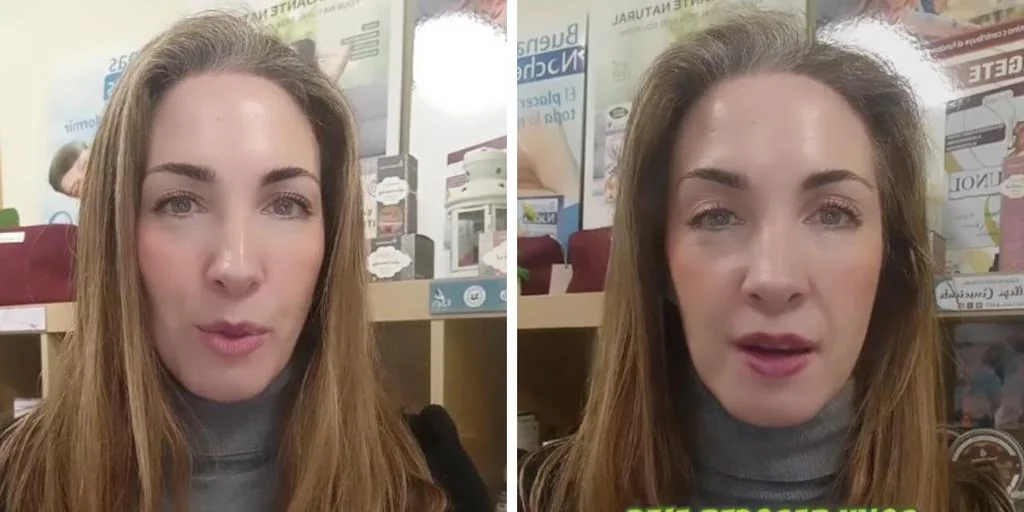:quality(85)/cloudfront-us-east-1.images.arcpublishing.com/infobae/2JXNKL2IFER25PDBSKG2ADWVJU.jpg 420w)
Elon Musk has resumed his legal battle against OpenAI, the company that created ChatGPT, and its founders, Sam Altman and Greg Brockman, alleging fraud and breach of contract. The new lawsuit, filed in California, focuses on the company’s alleged deviation from its original mission of developing artificial intelligence “for the benefit of humanity” toward a more commercial approach.
The lawsuit is similar to the one he withdrew in June, just hours before a San Francisco court was due to rule on whether it was appropriate. However, according to Musk’s lawyer, Mark Toperoff, this new legal action is “stronger” than the previous one, He also claims that OpenAI executives defrauded him of the $45 million he invested in starting the company.
Elon Musk co-founded OpenAI in 2015 with Sam Altman and Greg Brockman with the promise that the organization would operate as a non-profit entity, aiming to develop artificial intelligence that would benefit all of humanity. The businessman, who was a member of the company's board of directors between 2016 and 2018, maintains that he was manipulated into supporting the foundation under this altruistic premise.
:quality(85)/cloudfront-us-east-1.images.arcpublishing.com/infobae/TRKLV7CRVSBNXBH7YM65RXETLA.jpg 420w)
In his lawsuit, he argues that Altman and Brockman told him that OpenAI’s nonprofit structure would set it apart from other commercial ventures, allowing it to attract top scientists and develop cutting-edge AI technologies in an open and secure way. According to Musk, this promise was crucial in his decision to invest tens of millions of dollars and hire some of the world's best AI talent.
The lawsuit details how OpenAI changed its structure in 2019, creating a for-profit organization called OpenAI Global, LLC The change allowed the company to secure a $13 billion investment from Microsoft, a move Musk sees as a betrayal of the company's founding principles.
The partnership with Microsoft is a clear example of how X owner Altman and Brockman They prioritized commercial profits over the public good and maneuvered to enrich OpenAI's founders.deviating from the company's primary mission.
:quality(85)/cloudfront-us-east-1.images.arcpublishing.com/infobae/I6JMQXHAT6HEYAXWGPJHZNBWFM.jpg 992w)
The 81-page lawsuit filed in federal court in California accuses Altman and Brockman of multiple crimes.including promissory fraud, constructive fraud, violations of the RICO Act (Racketeering, Influence, and Corrupt Organizations Act), and conspiracy to violate the RICO Act.Breach of express and implied contract, unjust enrichment, unfair competition, among others.
Musk asserts that both executives hatched a plan to deceive him and take advantage of humanity's fears about the existential risks of AI. According to the text, OpenAI's founders used the promise of a nonprofit structure as a front to attract investment and support, only to change course once the company gained traction and technological value.
:quality(85)/cloudfront-us-east-1.images.arcpublishing.com/infobae/BQDVNKK5YAXHPKS6ACNB6W63X4.jpg 992w)
The new lawsuit seeks to revoke OpenAI’s exclusive license to Microsoft, which allows the tech giant to use and develop GPT-4 technology in several of its products, including Microsoft Copilot, Bing, Microsoft 365 and Windows, Musk’s lawyer, Mark Toperoff, told The New York Times.
He also argues that this alliance runs counter to OpenAI's founding principles and harms Musk and the public interest.which should have been the main beneficiary of OpenAI's technological advances.
If the owner of Tesal and SpaceX wins the lawsuit The agreement granting Microsoft access to OpenA technology will be terminated.I, which impacts the development and implementation of your AI products.

:quality(85)/cloudfront-us-east-1.images.arcpublishing.com/infobae/BQDVNKK5YAXHPKS6ACNB6W63X4.jpg)



